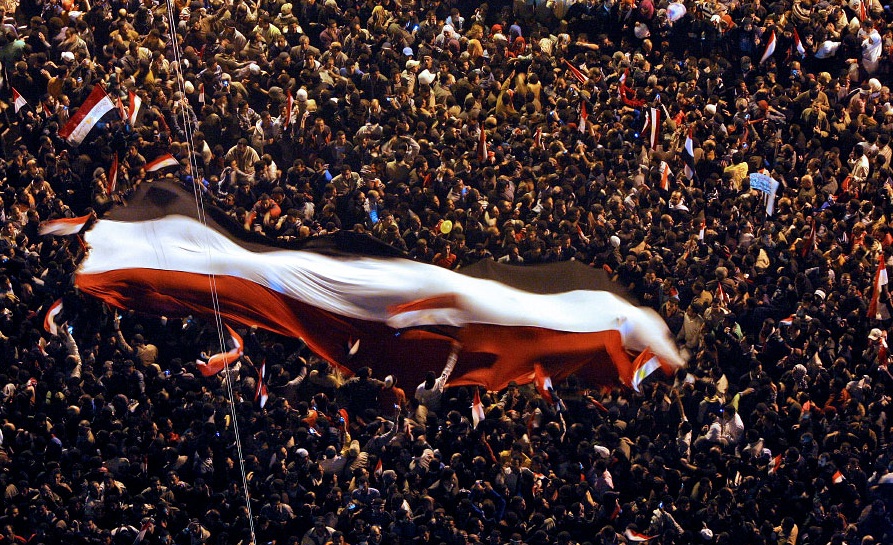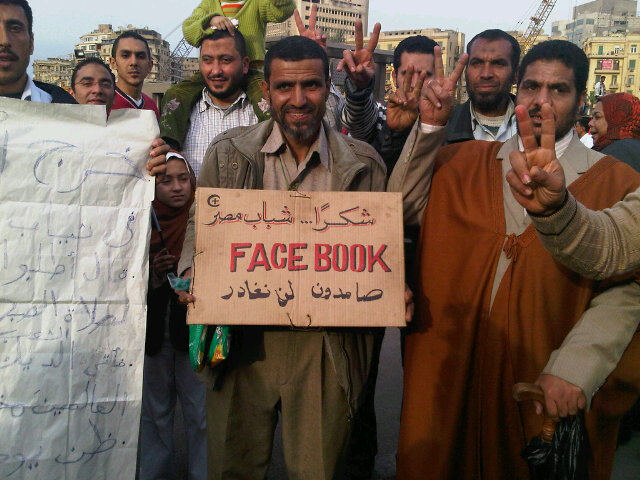I had the rare privilege of being a guest lecturer at the University of Toronto today for Barry Wellman's Technology and Society class. Above all else, it was exciting (and nerve-wracking!) to be back at my alma mater on the other side of the classroom.
Covering content from one of two chapters I co-authored with Professor Wellman and Pew Internet's Lee Rainie from their upcoming book, Networked: The New Social Operating System, I spent time discussing what we like to call, "networked creators"- --the many non-credentialed amateurs who are now participating in the many arenas that were once limited to recognized and sanctioned experts.
The internet, mobile, and social network revolution has ushered in a new generation of creators, blurring the lines between producers and consumers. As Douglas Rushkoff says, “The people have crashed the gates of professionalism, penetrating the formerly sacrosanct boundaries protecting elites of all industries from challenges from below”.
View the slides below for more...



